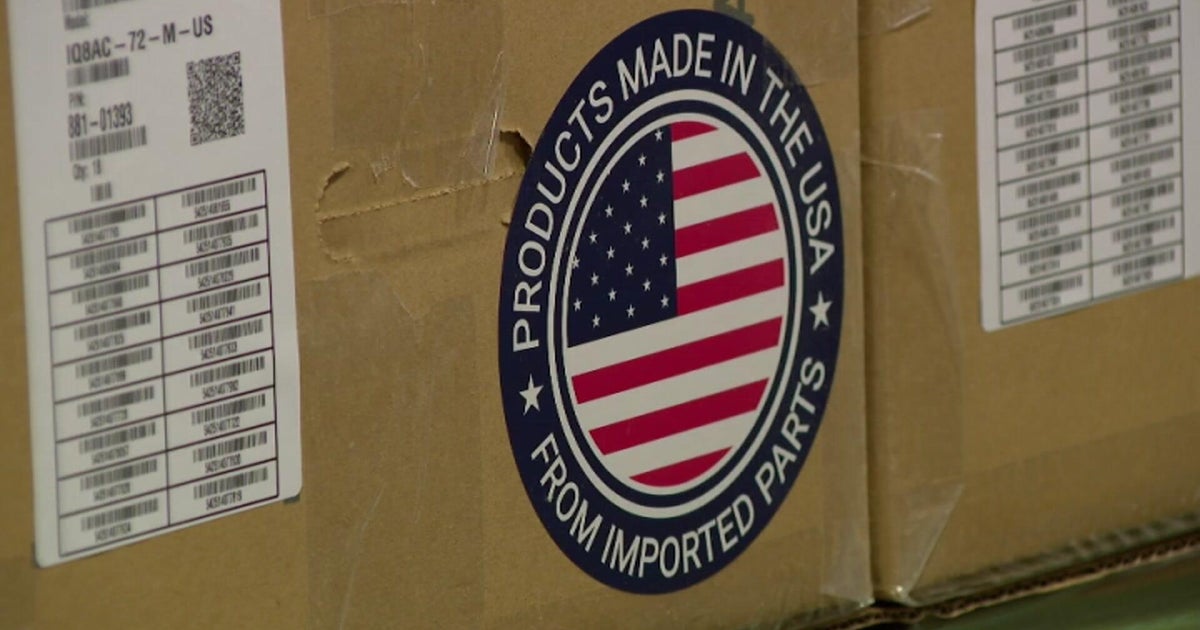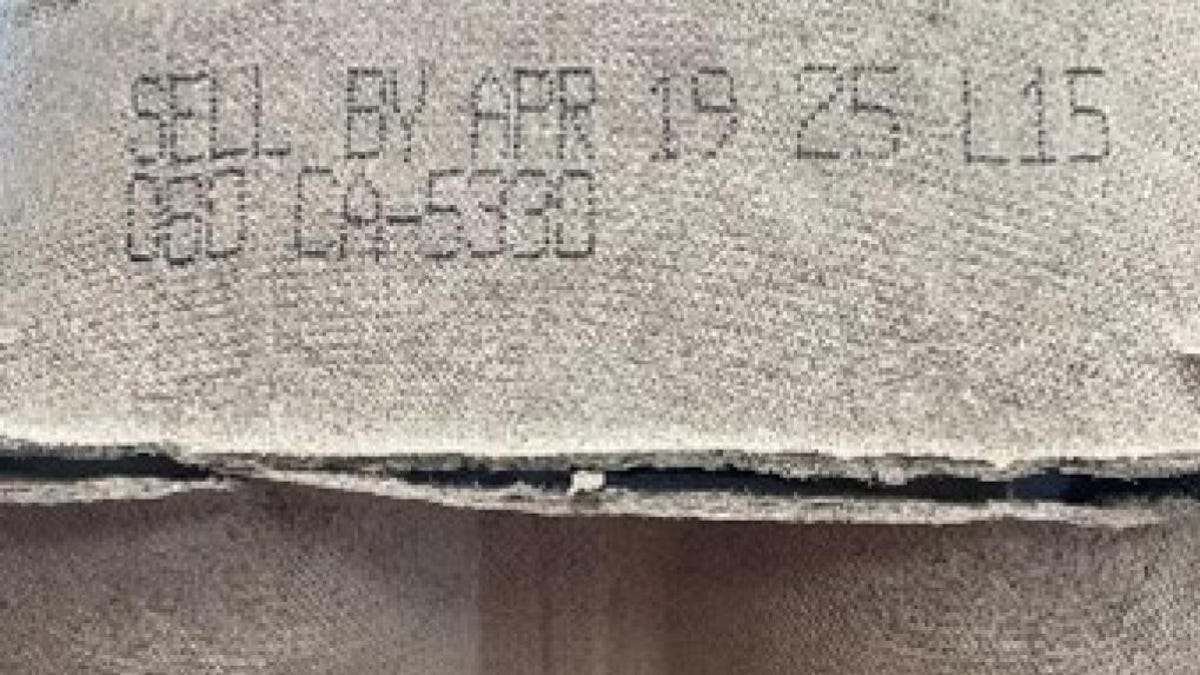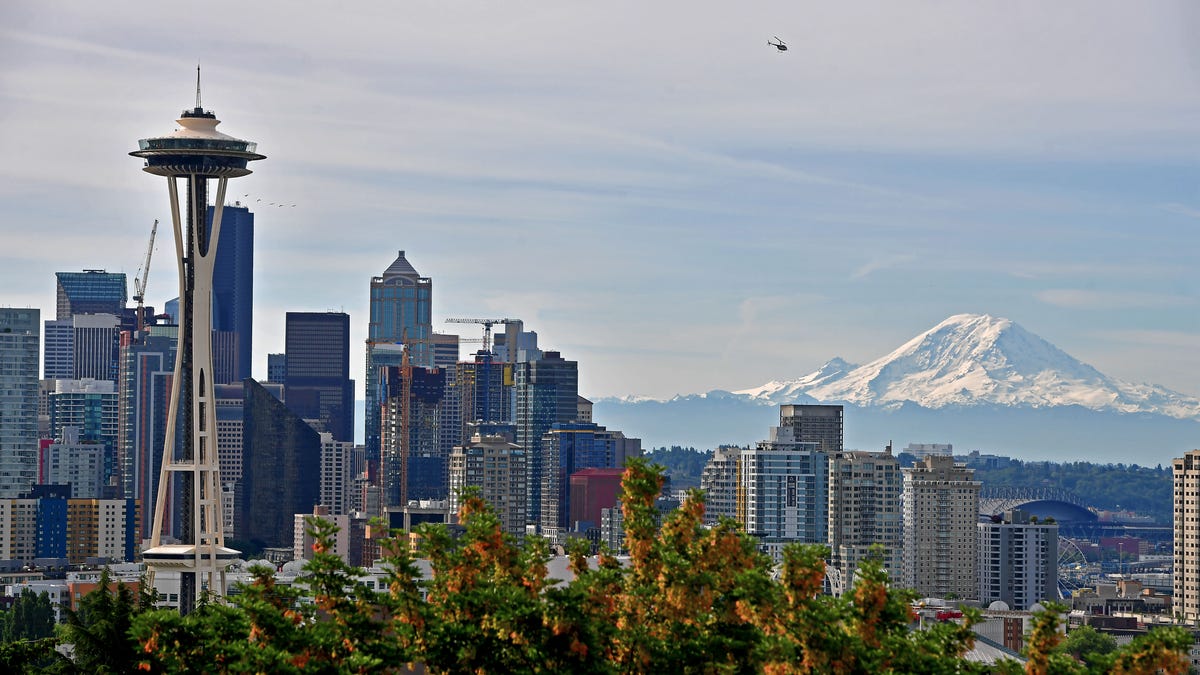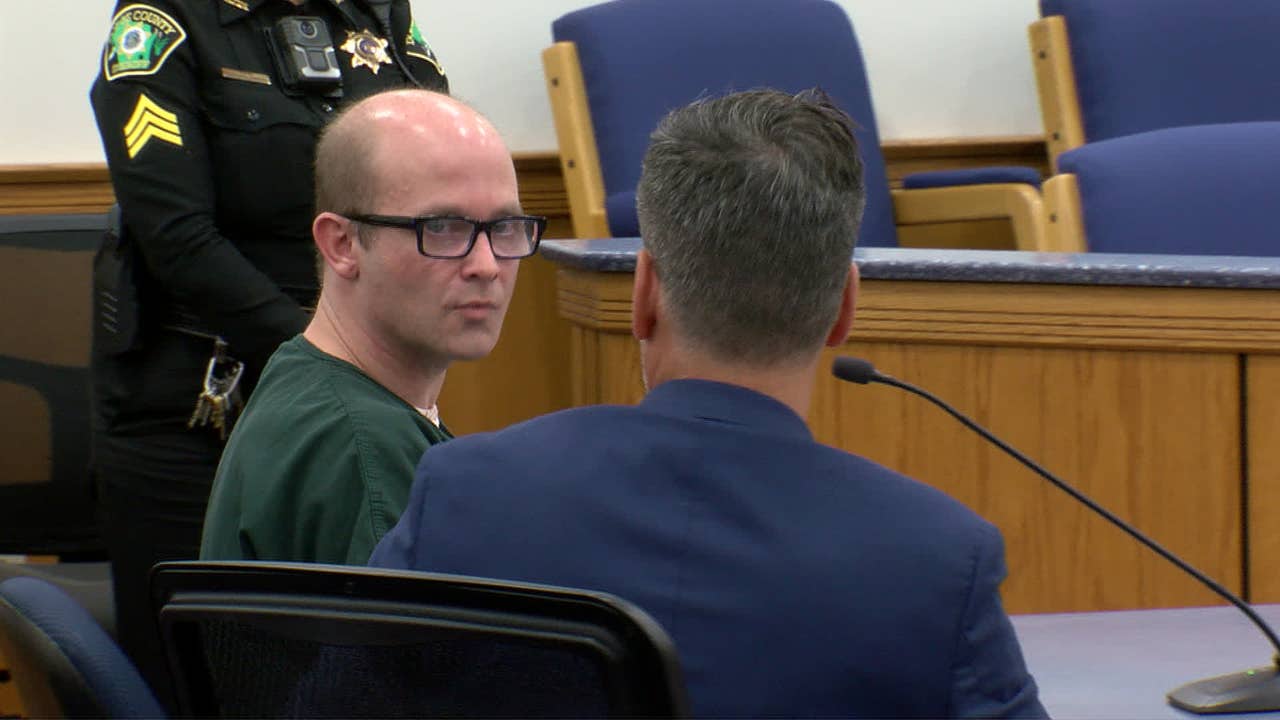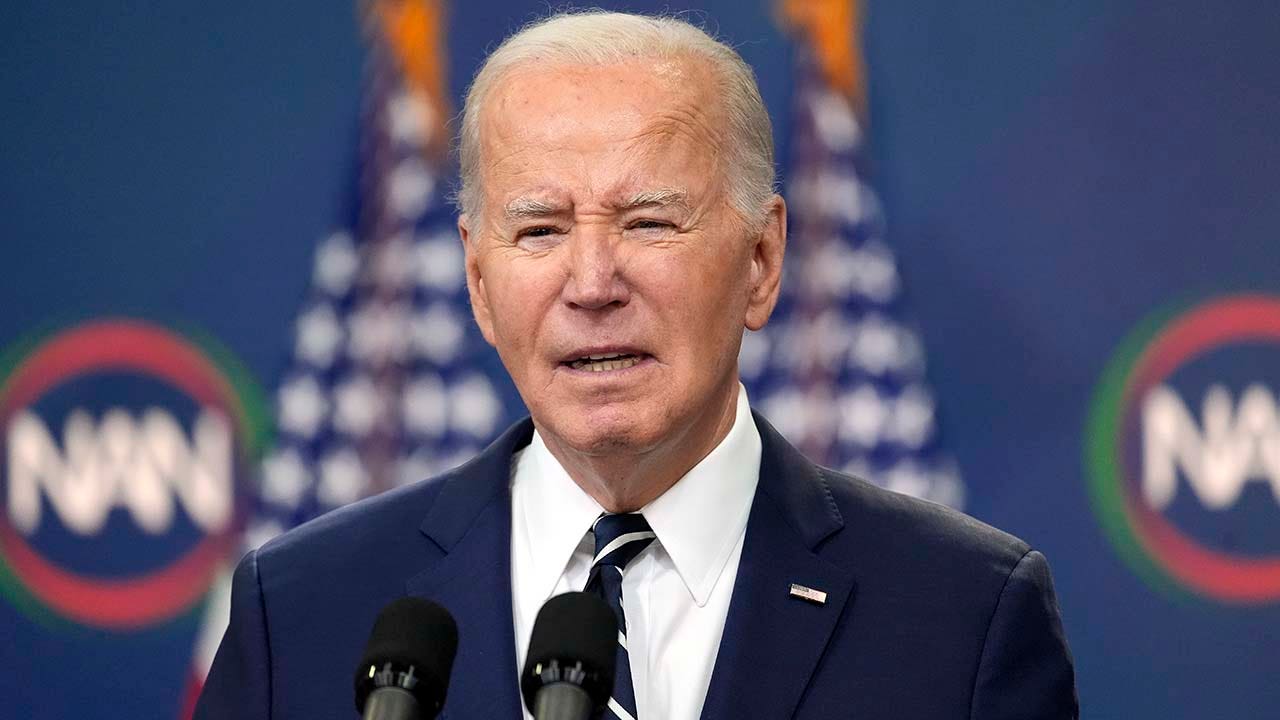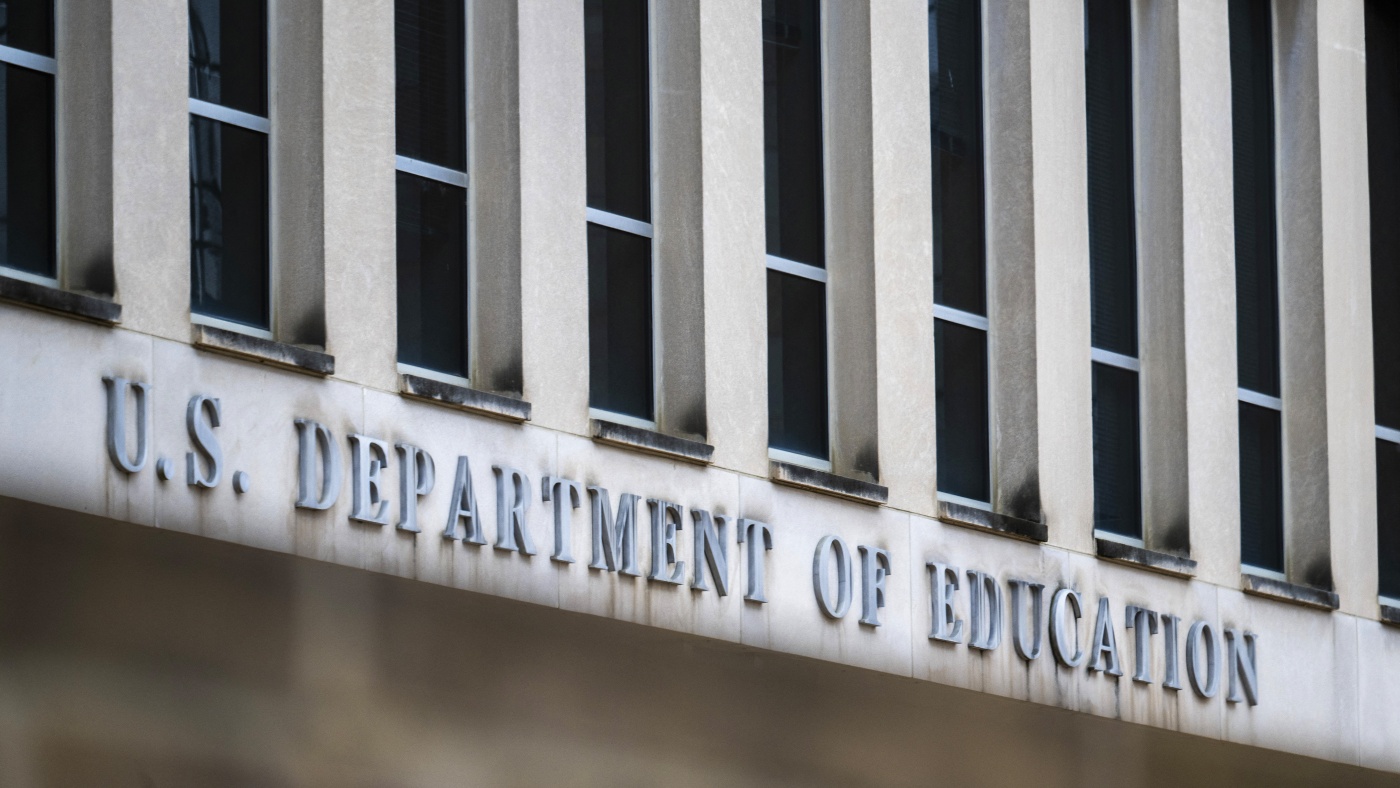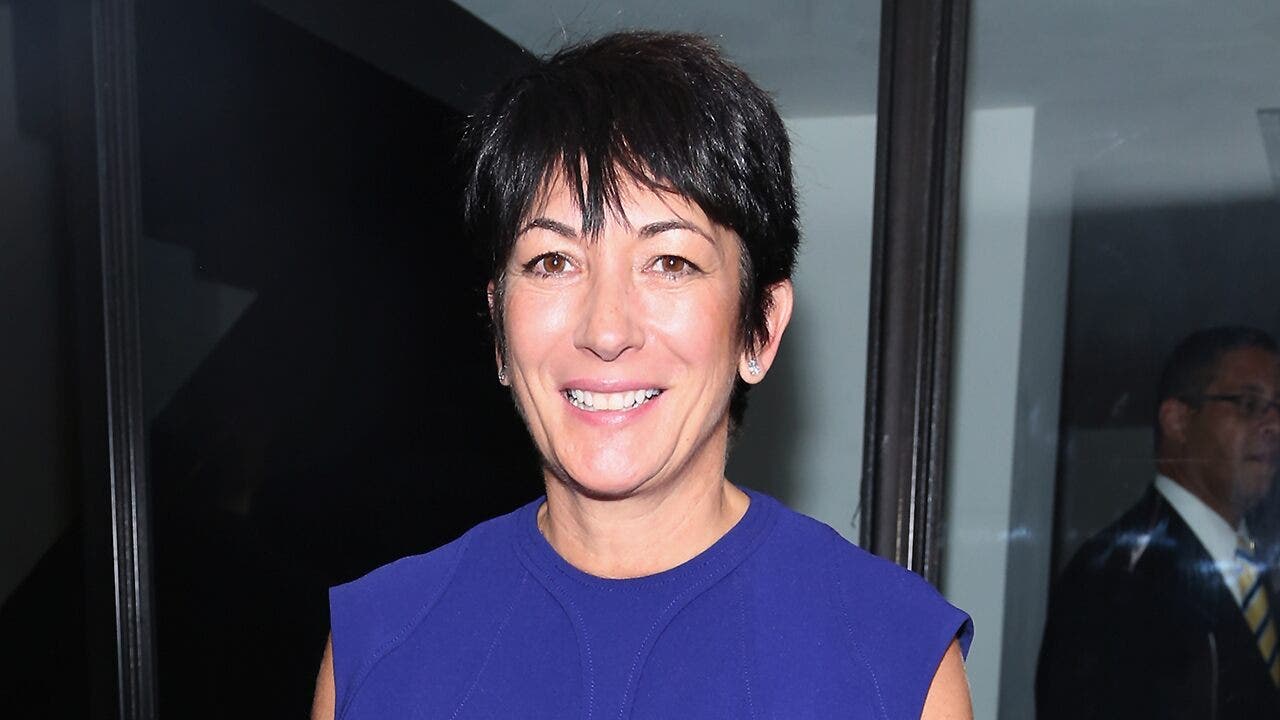World
EU countries fail to agree on 10-year extension for glyphosate use
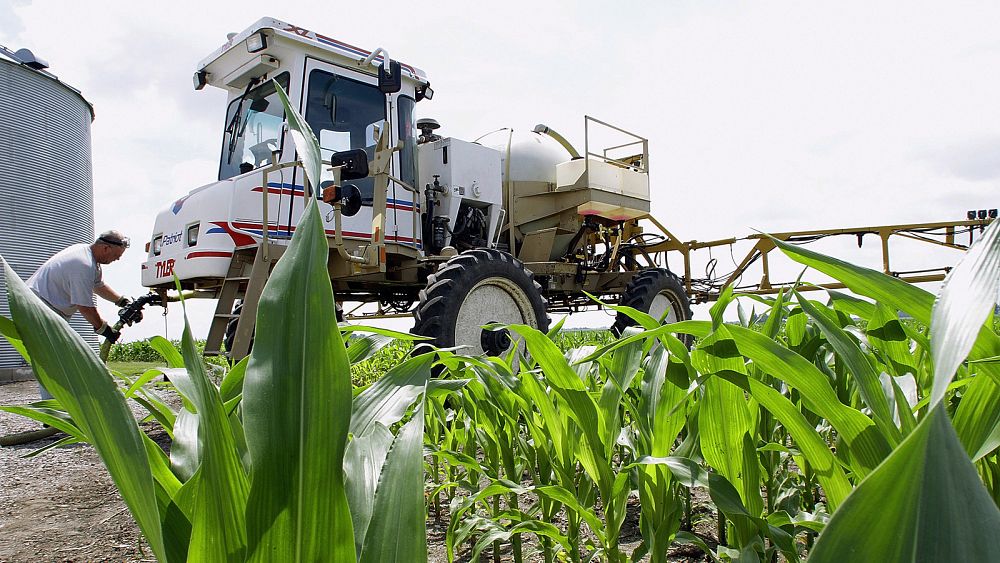
EU member states have failed to agree on the European Commission’s proposed 10-year renewal for the use of glyphosate, a controversial chemical substance used in herbicides.
Several member states, including France, abstained in a vote on Friday in the Standing Committee on Plants, Animals, Food and Feed (PAFF), following two-day technical discussions in Brussels.
Austria, Luxembourg, and Croatia voted against the proposed extension.
With no qualified majority either for or against, an appeal committee will now reconsider the Commission’s text, with a second vote due to take place in the first half of November.
A spokesperson for the European Commission confirmed on Friday that “dialogue” can still take place between member states in order to reach a compromise. Many capitals have expressed concerns about the powerful herbicide’s impact on biodiversity and human health.
If a qualified majority is not achieved in November, the Commission will take a final decision on the renewal.
In September, the EU executive recommended renewing the approval of glyphosate use in the EU market for a further 10 years beyond its expiry date of 15 December this year, after the bloc’s food safety agency EFSA found “no critical areas of concern” in a July assessment.
But EU officials recognised that the EFSA analysis included data gaps and had failed to reach conclusions on certain aspects, including for consumer diets.
Glyphosate has been a source of controversy since the World Health Organization’s cancer agency concluded in 2015 that it was probably carcinogenic to humans.
Earlier this week, Euronews spoke to Sabine Grataloup, whose son Théo was born with severe malformations after he was exposed to a glyphosate-based weed killer while in his mother’s womb.
In an attempt to convince member states, the European Commission had sought to introduce “risk mitigation measures” including buffer strips of ten meters around sprayed areas and the use of specific nozzles to reduce “spray drift”.
NGO Pesticide Action Network (PAN) Europe, which had fiercely criticised the Commission’s proposed renewal, welcomed member states’ decision to delay the decision.
“We consider that it (the Commission’s proposal) doesn’t take into account all the scientific evidence that we have that glyphosate harms human health and the environment and that therefore under EU law it should be banned,” Angeliki Lysimachou, PAN Europe’s head of science and policy, told Euronews.
“The fight is not over yet, but there is a deadline,” Lysimachou said. “The Commission and Europe have made a commitment to reduce dependency on pesticides and to adopt alternative methods such as more nature-based and environmentally friendly solutions. An extension of glyphosate for ten years is really worrying.”
Austria and Luxembourg had previously announced they would oppose the renewal. Luxembourg is the only EU country to have temporarily banned the substance in the past.
The Dutch Agriculture Minister Piet Adema had confirmed the Netherlands would abstain in the vote, explaining its “nuanced position” would not be “done justice by a vote for or against” the proposal.
In September, the German agriculture minister warned of the threats of glyphosate to biodiversity and stressed the need for a coordinated phase-out at European level.
Italy voted in favour of the 10-year extension on Friday but with some conditions, including the prohibition of glyphosate use during harvest collection, according to diplomatic sources.

World
US planes, cars, drinks on EU list for potential tariffs

World
Putin mum on Trump's 50-day ultimatum, Kremlin officials claim Russia 'didn't care'
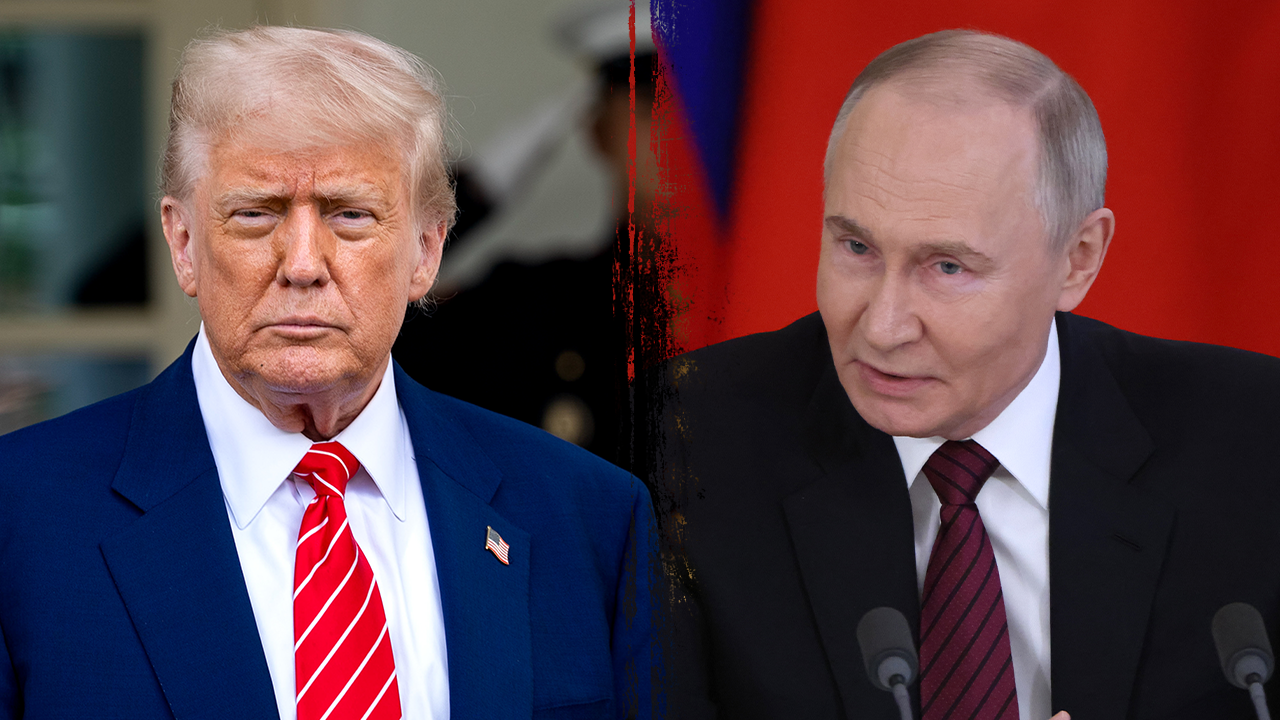
NEWYou can now listen to Fox News articles!
Russian President Vladimir Putin has yet to publicly respond to the 50-day ultimatum President Donald Trump issued him, though one top official on Tuesday suggested that Moscow “didn’t care.”
Deputy Chair of Russia’s security council and former Russian President Dmitry Medvedev took to X to express the Kremlin’s first reaction to the joint announcement by Trump and NATO Secretary General Mark Rutte that Putin has 50 days to end its war in Ukraine or face 100% tariffs.
President Donald Trump, right, and Mark Rutte, secretary general of the North Atlantic Treaty Organization, shake hands during a meeting in the Oval Office of the White House in Washington, D.C., on Monday, July 14, 2025. (Yuri Gripas/Abaca/Bloomberg via Getty Images)
TRUMP, RUTTE ANNOUNCE ‘REALLY BIG’ NATO ARMS PACKAGE AMID NEW 50 DAY DEADLINE TO PUTIN
“Trump issued a theatrical ultimatum to the Kremlin. The world shuddered, expecting the consequences,” Medvedev said. “Belligerent Europe was disappointed.
“Russia didn’t care,” he added.
Reactions to Trump’s latest frustration with Putin were mixed, as Rutte championed the move as “logical,” though top European Union officials suggested the move lacked teeth this far into the war.
“On the one hand, it is very positive that President Trump is taking a strong stance on Russia. On the other hand, 50 days is a very long time if we see that they are killing innocent civilians, also every day,” the EU’s chief diplomat Kaja Kallas told reporters from Brussels when asked about the president’s announcement.
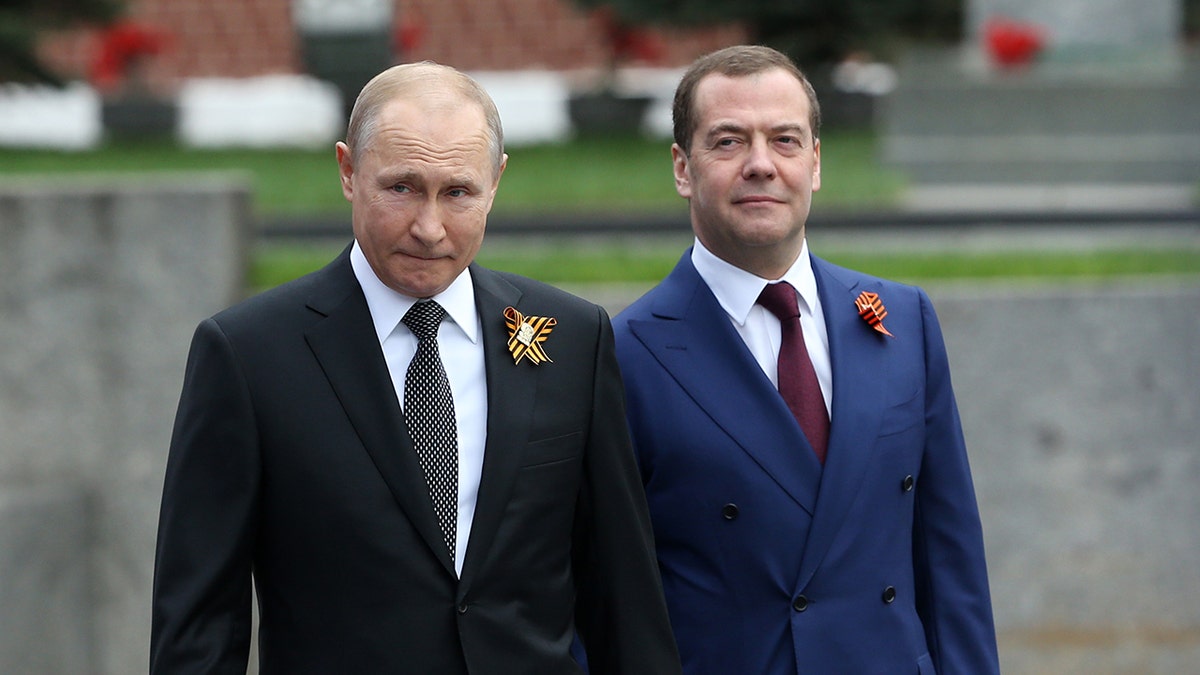
Russian President Vladimir Putin, left, and then Prime Minister Dmitry Medvedev arrive to the Red Square Victory Day Parade on May 9, 2019 in Moscow. (Mikhail Svetlov/Getty Images)
“It is clear that we all need to put more pressure on Russia so that they would also want peace,” she added. “It is good that the Americans are making the steps, and I hope that they are also giving military aid like Europeans are giving.”
TRUMP REVEALS MELANIA’S KEY ROLE IN DEALING WITH PUTIN ON UKRAINE WAR
Kyiv Mayor Vitali Klitschko also questioned the effectiveness of the move and told German news outlet ARD that “I’m happy about the wave of support from the U.S.”
“But on the other hand, I do not understand why Kremlin leader Vladimir Putin is being given 50 days,” he added, according to a translation by Ukrainian media outlets, Kyiv Independent.
“In 50 days, many more people could be killed in the capital and, throughout Ukraine, many more buildings could be damaged,” he said. “Therefore, why such a delay?”
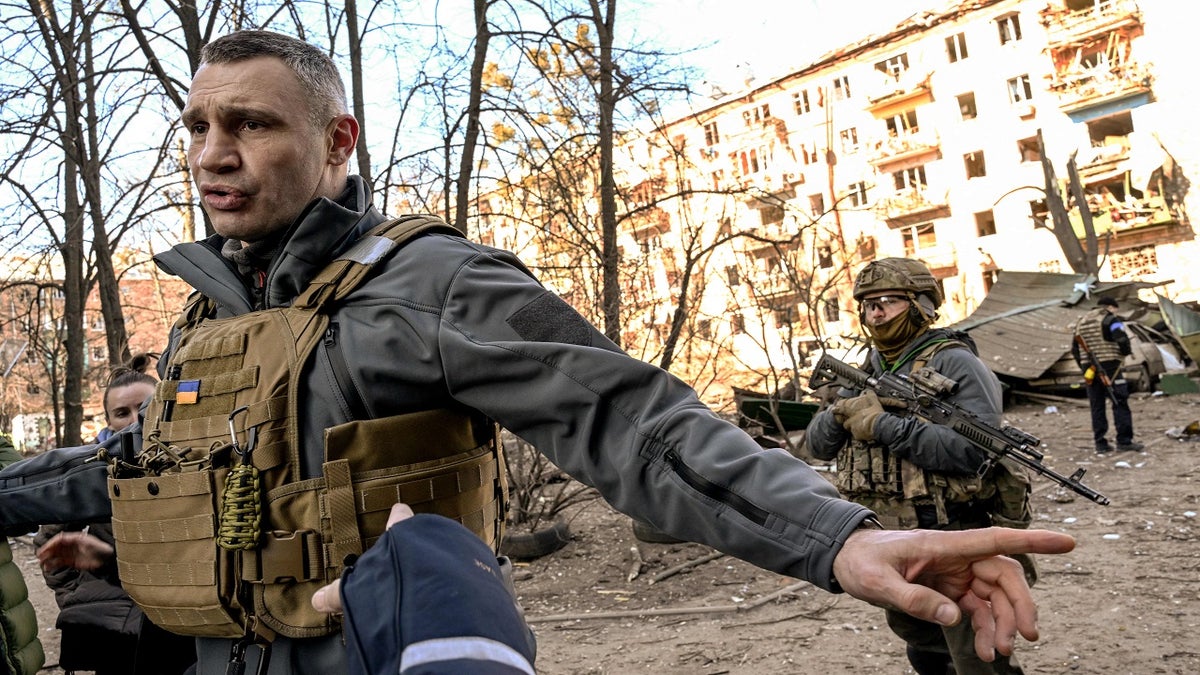
Kyiv Mayor Vitali Klitschko holds people away from a five-story residential building that partially collapsed after a shelling in Kyiv, Ukraine, on March 18, 2022. (Photo by SERGEI SUPINSKY/AFP via Getty Images)
Trump told reporters on Monday that he was frustrated by Putin’s lack of action when it came to stopping his war in Ukraine despite four separate occasions when the president thought a deal had been reached with the Kremlin chief.
“I speak to him a lot about getting this thing done, and I always hang up saying, ‘Well, that was a nice phone call,’ and then missiles are launched into Kyiv or some other city, and I’d say ‘strange,’” Trump said, recounting his conversations with Putin.
“And after that happens three or four times, you say, the talk doesn’t mean anything.”
World
Slovakia demands exemption to drop veto on EU Russia sanctions
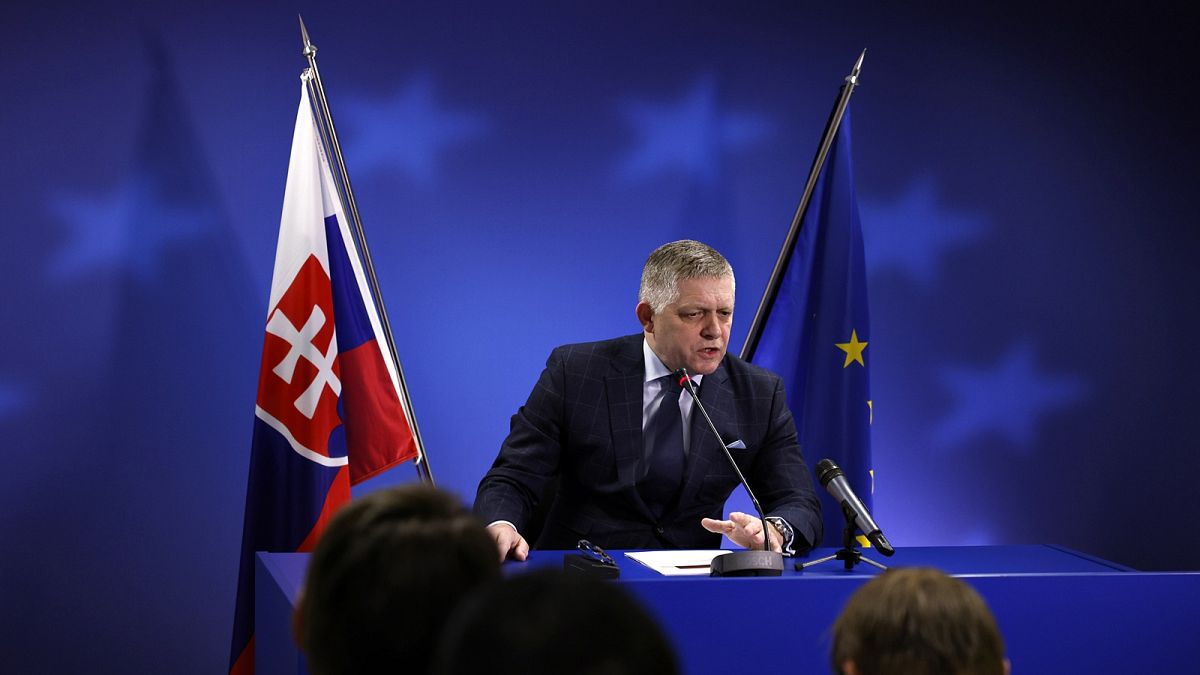
Slovak Prime Minister Robert Fico threw down the gauntlet on Tuesday when he openly demanded a legal exemption to continue buying Russian gas until 2034 in exchange for lifting his veto on the new package of European Union sanctions against Russia, which the bloc is eager to approve to tighten the screws on the Kremlin.
The take-it-or-leave-it request raises serious questions on whether the political deadlock can be broken this week, as diplomats had hoped.
“The best solution to the situation would be to grant Slovakia an exemption allowing it to fulfill its contract with Russian Gazprom until it expires in 2034 – something the European Commission currently rejects on principle, arguing that approving such a proposal would undermine the essence of the anti-Russian sanctions,” Fico wrote on social media.
Slovakia’s opposition does not relate to the sanctions themselves but to the phase-out of Russian fossil fuels by the end of 2027. Energy imports are considered a fundamental source of revenue to finance the war of aggression against Ukraine.
The European Commission unveiled the roadmap in May and presented the draft legislation in June, based on gradual bans on short-term and long-term gas contracts.
As a landlocked country, Slovakia has vociferously protested the plan, warning it would raise prices for consumers, weaken competitiveness and endanger energy security.
Since the phase-out is subject to a qualified majority, Fico has resorted to sanctions, which require unanimity, to extract concessions from Brussels.
Tensions began rising last month during an EU summit, when Fico made a series of demands for financial compensation that were not met.
The prime minister says his country risks facing a lawsuit from Gazprom, Russia’s gas monopoly, worth between €16 and €20 billion due to the termination of its long-term contract. The Commission contests this thinking by arguing that the legal bans will act as “force majeure” in court and protect governments and companies against damages.
The impasse intensified technical dialogue between Bratislava and Brussels, with a focus on solutions to diversify Slovakia’s energy mix away from Russia, strengthen connections to neighbouring countries and mitigate price volatility.
Fico welcomed the outreach as “constructive” but held his ground, causing German Chancellor Friderich Merz and Polish Prime Minister Donald Tusk to intervene.
Ursula von der Leyen, the president of the European Commission, also became involved.
On Tuesday, von der Leyen sent Fico a three-page letter with reassurances about the implementation of the phase-out, including the possible deployment of state aid and EU funds to “compensate the negative impacts for households and industry”.
Von der Leyen also promised to clarify the criteria to trigger the “emergency break” and temporarily suspend the application of the gas bans in case of “extreme price spikes”.
The letter does not speak of a tailor-made exemption or financial envelope for Slovakia.
“We have been working closely wth member states most directly concerned, notably Slovakia, to ensure that the EU-wide phase-out of Russian energy imports will be gradual and well-coordinated across the Union,” von der Leyen wrote.
According to Fico, who posted the entire confidential letter on his social media, von der Leyen’s offer was flat-out rejected by his coalition partners.
“Their response is that the Commission’s guarantees to Slovakia are insufficient – some even described them as NOTHING,” he said.
“The representative of the Slovak Republic has been instructed to request a postponement of the vote on the 18th sanctions package.”
In Brussels, High Representative Kaja Kallas expressed her disappointment at the veto and wondered if domestic politics factored in Fico’s decision-making.
“These negotiations have been going for quite some time,” she said at the end of a meeting of foreign affairs ministers. “If your sensitivities are addressed, I think it’s important that you don’t present anything on top of it.”
Kallas said technical discussions would continue on Wednesday with the hope of achieving a deal before the end of the week.
“I’m optimistic and still hopeful that we will reach a decision tomorrow,” she said.
“We have 27 different democracies with 27 different public opinions and oppositions as well, so we need to navigate that process.”
Fico’s stated desire to continue buying Russian gas might soon clash with the White House’s foreign agenda. Donald Trump has threatened to impose “severe tariffs” on Russia and its trading partners if no progress towards peace is made in 50 days.
-

 Culture1 week ago
Culture1 week agoTry to Match These Snarky Quotations to Their Novels and Stories
-

 News5 days ago
News5 days agoVideo: Trump Compliments President of Liberia on His ‘Beautiful English’
-
Business1 week ago
Companies keep slashing jobs. How worried should workers be about AI replacing them?
-

 News1 week ago
News1 week agoTexas Flooding Map: See How the Floodwaters Rose Along the Guadalupe River
-
Finance1 week ago
Do you really save money on Prime Day?
-

 News4 days ago
News4 days agoVideo: Clashes After Immigration Raid at California Cannabis Farm
-

 Technology1 week ago
Technology1 week agoApple’s latest AirPods are already on sale for $99 before Prime Day
-

 Politics1 week ago
Politics1 week agoJournalist who refused to duck during Trump assassination attempt reflects on Butler rally in new book
